It’s time to negotiate with ‘terrorists’ in Somalia
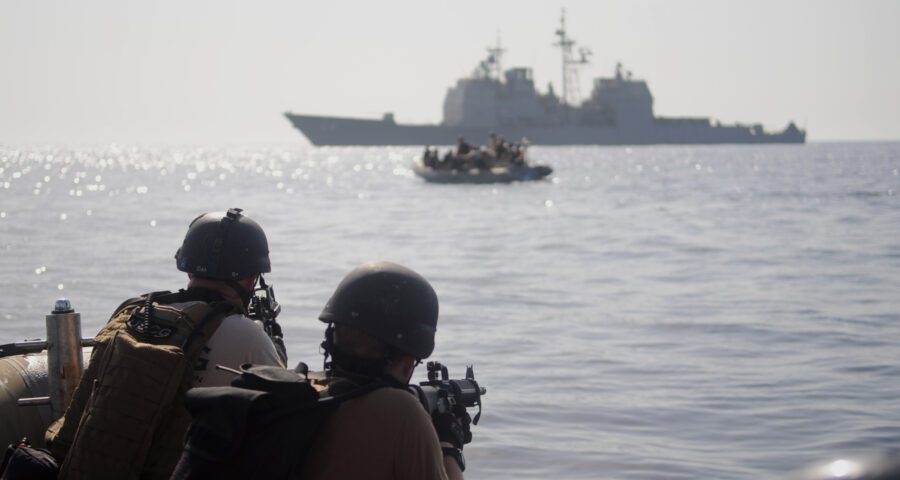
Confronting al-Shabab by ‘mowing the grass’ has proven to be an ineffective path toward ending the conflict and regional peace.
By Zuri Linetsky
This article appeared in Responsible Statecraft on August 8, 2022. It includes references to the Eurasia Group Foundation, now known as the Institute for Global Affairs.
Instead of redeploying American military forces to Somalia in support of the Somali National Army’s war against al-Shabab, the Biden administration should rely on diplomacy to help resolve the conflict.
This may not be a message the administration wishes to hear, but locally-led diplomacy that includes al-Shabab, leaders of rival clans and sub-clans, and Gulf Arab countries, offers the best hope for achieving a measure of stability in a country that has been fractured by more than 30 years of warfare, lawlessness, and state failure. Stability in Somalia requires that all political actors convene, including al-Shabab, in an effort to negotiate a new set of rules, behaviors, and norms for politics and the use of violence. Due to its narrow focus on military outcomes, American policy makers have failed to understand the extent to which local identity and clan politics contribute to violence and instability in Somalia.
To facilitate this, the Biden administration will need to roll back restrictions on engaging with al-Shabab, which has been listed as a Foreign Terrorist Organization since 2008. And Biden’s State and Defense Departments will have to work with Saudi Arabia, the UAE, and Qatar to push local political leaders to talk to one another and to al-Shabab.
Since 2007, Washington has focused on managing the conflict in Somalia by “mowing the grass,” a strategy adopted from Israel that is focused on debilitating al-Shabab’s military capacity with no ambition or prospect of achieving an ultimate resolution of the conflict. But this approach has never worked; it has only made Somalia more violent and unstable.
…
Read more of the article in Responsible Statecraft
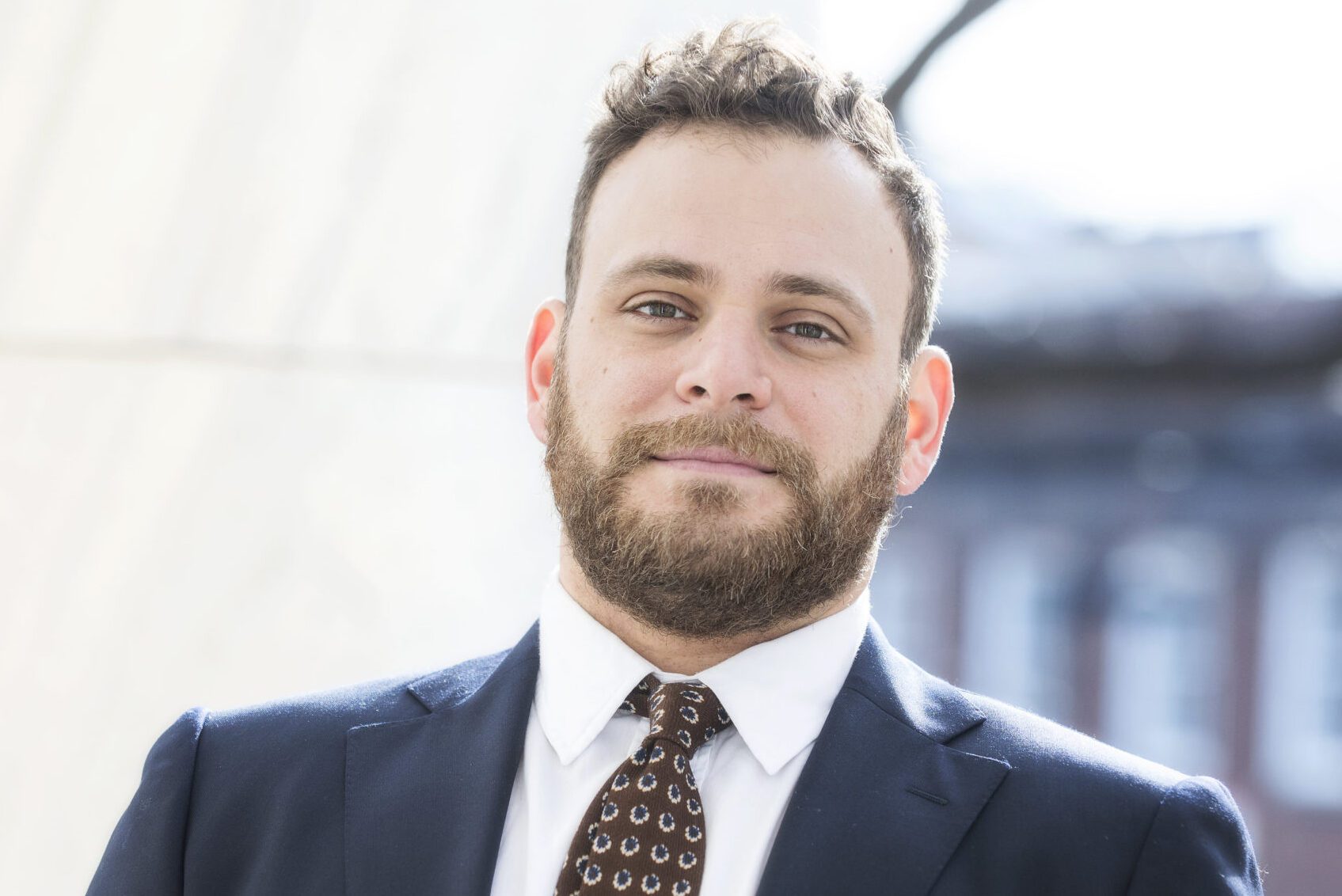
Written by Zuri Linetsky
Zuri is a research fellow with the Independent America project at the Institute for Global Affairs.
Read more from Zuri
This post is part of Independent America, a research program led out by Jonathan Guyer, which seeks to explore how US foreign policy could better be tailored to new global realities and to the preferences of American voters.
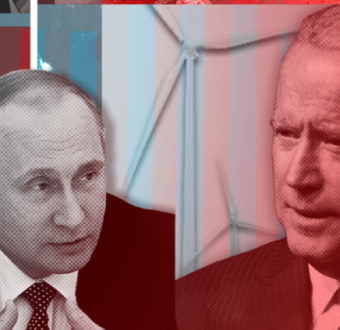
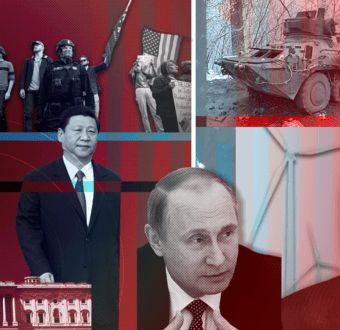

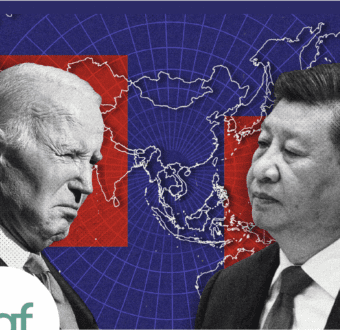

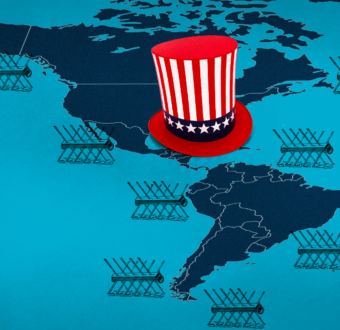



America Prepares for a Pacific War With China It Doesn’t Want